BioResearch
Flufenamic Acid Slows Spread of Bladder Cancer in Mouse Model
The enzyme aldo-keto reductase 1C1, which could be suppressed by the anti-cold drug flufenamic acid, was found to be highly active in metastatic human bladder cancer and represents a potent molecular target for treating the disease. More...26 Oct 2016
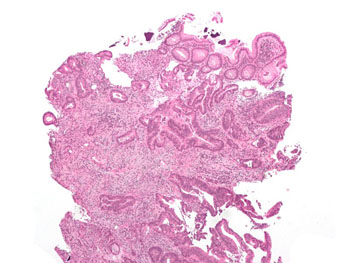
Active SPARCL1 Slows Growth and Spread of Colorectal Cancer
Cancer researchers have found that the protein SPARCL1 (secreted protein acidic and rich in cysteine like-1) stabilizes mature blood vessels in healthy intestinal tissue, thus preventing the formation of new blood vessels and inhibiting the growth and spread of colorectal cancer. More...26 Oct 2016
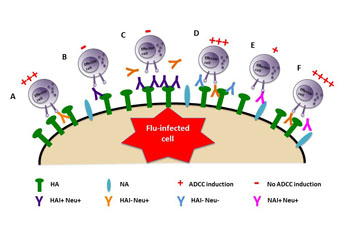
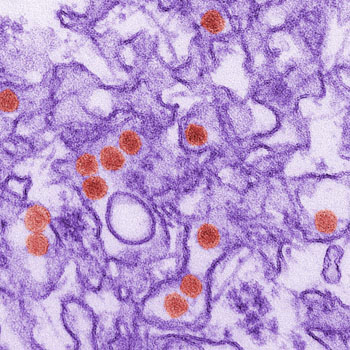
Post-Infection Zika Virus Shed in Saliva and Semen
Results of a study of the mechanism of Zika virus infection in two primate models demonstrated that the virus spread rapidly into the nervous system of healthy animals and that shedding of the virus in saliva and semen underscored possible concern for additional neurological complications and non-mosquito-mediated transmission in humans. More...19 Oct 2016
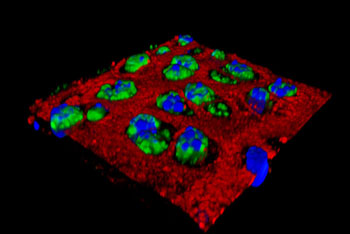
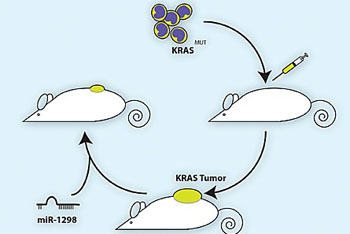
In Other News
Critical Final Step in Parthanatos Pathway Identified
Targeted Destruction of Messenger RNA Regulates Cellular Protein Synthesis
Three-Dimensional Printing Generates Bone Replacement Structures
Protein Found Blocks Transmission of Cytotoxic Fibrils in Parkinson's Disease Model
Mechanism Explains How Resveratrol Reduces Upper Respiratory Inflammation
Bifunctional Dimer Drugs Prove Effective in Parkinson's Disease Yeast Model
Novel Graft Material Grows with Young Transplant Recipients
Maintaining Normal Paneth Cell Levels Prevents Intestinal Bowel Disease
Blocking Pair of Metalloproteases Halts Brain Tumor Growth
Potential Vaccine Prevents Chronic Urinary Tract Infections
Binding of Cysteine Residues Reduces Severity of Multiple Sclerosis
Macrophage Role in Infection Determined by PI-3 Kinase-Gamma Signaling
Damaged Nerve Regeneration Depends on Epigenetic Regulation of Cell Genes
3D Bioengineering Generates Lung Tissue for Personalized Disease Modeling
Protein Linked to Destruction of Mitochondria in Huntington's Disease
Reactivation of p53 Shrinks Tumors in Mouse Model
New Approach Yields Stable Neural Stem Cell Lines for Neuroscience Research
Light-Activated Nanoparticles Kill Primary Tumors and Distant Metastases
Siderophores Induce Pneumonia-Promoting Changes in Lung Tissue
Novel Class of Nanoparticle Drug Transporters Selectively Target Lung Cancer Cells
Inhibiting Enzyme Activity Overcomes Cell Differentiation Blockade
Snail Insulin Serves as Drug Development Model
Stabilizing Iron-Sulfur Transport Clusters Reduces Size and Aggressiveness of Tumors
BioResearch brings the latest research news on the genome, proteome, metabolome, on drug discovery, and therapeutics. Biotech researchers, lab administrators, technologists, drug manufacturers, and suppliers can find the latest research news and information related to their fields of endeavor here.










